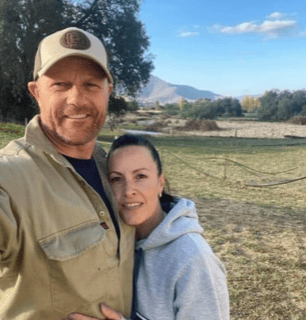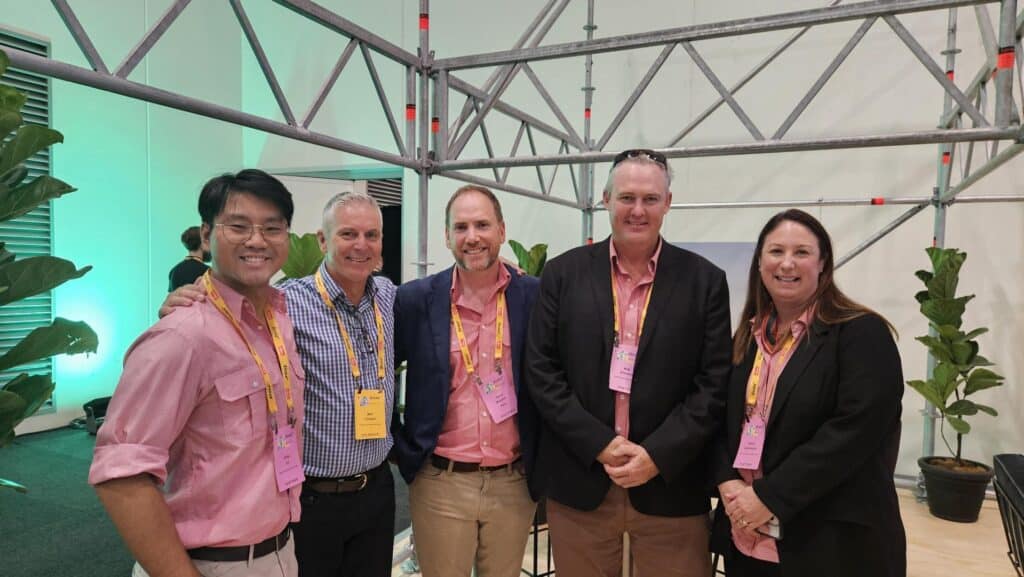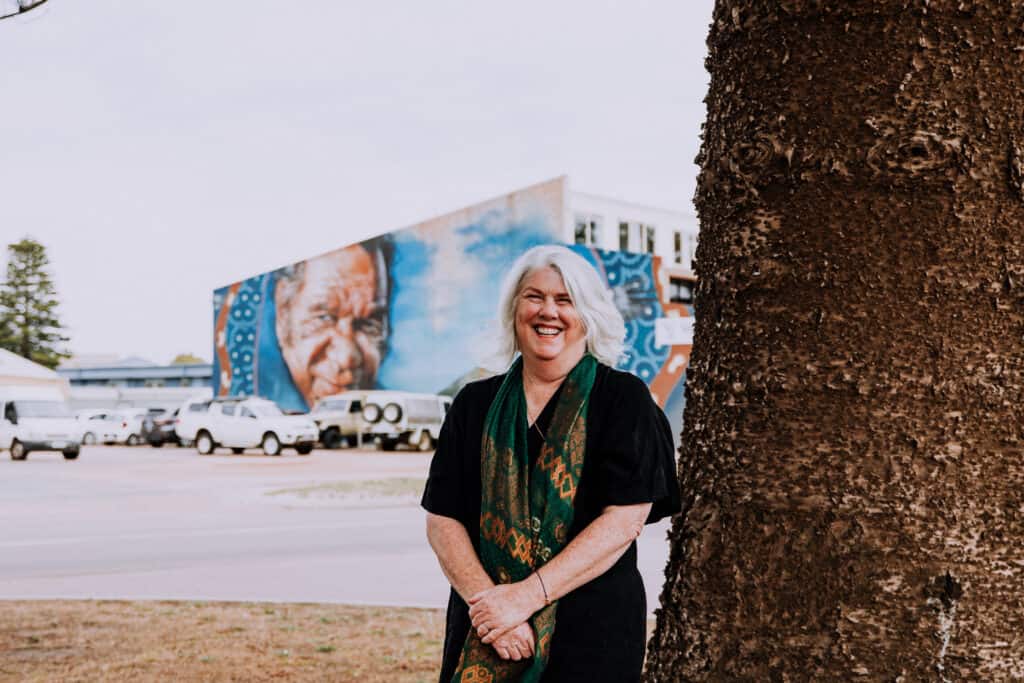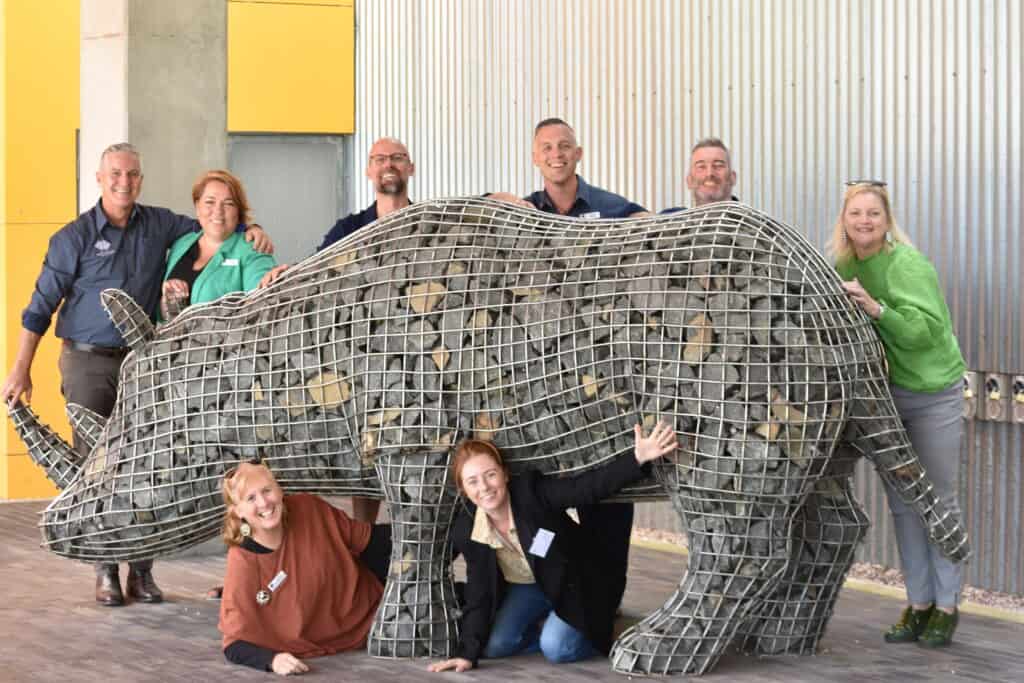With the fire season officially started, and a potentially dangerous one forecast for the east coast regions, it was timely in having completed a leadership program that will better prepare key stakeholders for what’s ahead.
Having worked alongside some impressive leaders within the emergency services, government agencies and ADF, it was clear, after day one, this was not just any leadership program.
It was specifically designed and delivered by the Australian Rural Leadership Foundation in response to the 2019-20 Black Summer bushfires, and funded by the Australian Government’s Black Summer Bushfire Recovery program. The ultimate aim was to break down silos and improve communication and collaboration across first responder sectors.
Which made the cohort unique too, involving stakeholders directly related to a fire emergency response. As was the program’s approach: experiential and challenge-based learning, being pushed well out of one’s comfort zone into the growth zone, and learning to lead with difference and reflection. All taking place away from everyday distractions at Cuppacumbalong Homestead in Tharwa.
Strengthening Networks and Enhancing Communication
This opportunity allowed me to connect with a group of key stakeholders (emergency, government agencies and landholders/land carers) and forge a leadership network that will assist us with preparedness and response.
On the back of Black Summer bushfire reviews, the need for communication across borders and agencies was recognised as an area for improvement. We took this further, discussing how we can collectively improve and guide the key pillars of regeneration, recovery and resilience in our rural communities.
But for any of this to happen, emergency responders and other stakeholders need to have trust, and connection. Participants overwhelmingly felt this was achieved having established enduring contacts across our sectors that we can call on for advice, guidance or help during emergency or not.
The Transformative Power of Trust and Connection
It was this trust that saw one of the quietest on program step up and take lead in discussions and share their journey. They are now reconnected with family but more importantly themselves, and it had saved his life. This is powerful, in how trust and connection can make a difference in our communities and regions. A problem or issue shared is a problem halved.
For your readers, I’d like to share a personal highlight through connection with culture and country. That is embracing “Yindyamurra”, meaning respect, go slow, reflect, appreciate the now. Understanding it was one thing, but the ability to live it will stay with me. It should be a motto for us all.
The Regenerate Capital Region leadership program certainly exceeded my expectations and I feel we are better prepared to assist the Capital region for the upcoming season and beyond.
Rob Thompson is Station Officer with ACT Fire and Rescue who’s had 30 years of experience in operational, senior management and leadership roles in the emergency management sector. Also a Navy veteran, Rob’s an advocate for supporting those affected by their service to their community.








